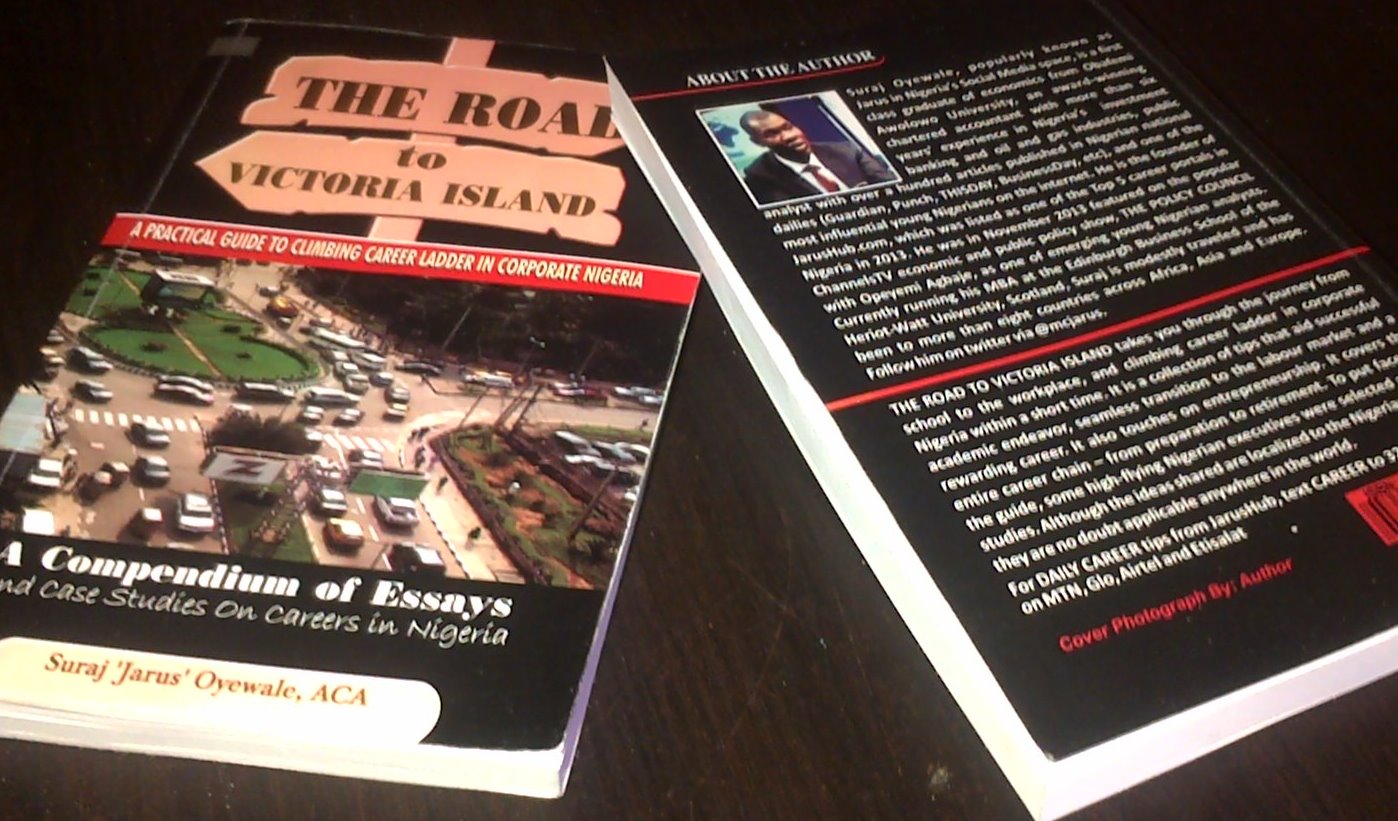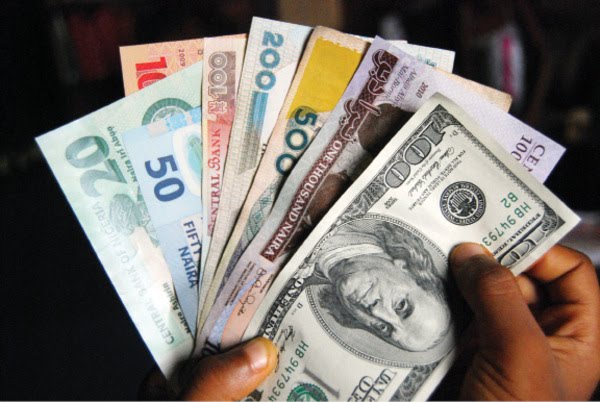Revitalizing the Nigerian economy: Beyond western dependence (i)
Kola Olaniyi
Olaniyi is a graduate of Electronic and Electrical Engineering, Obafemi Awolowo University, Ile Ife, kellokelington@yahoo.com, 08068495313
Abstract
This paper investigates the cause of Nigeria’s folly in her quest for economic and social development. Every successive administration has marshalled its point that Nigerian is on the path of economic renaissance especially zeroing in from on the outset of the fourth republic till this time. Continual dependence on the Western allies is traceable the comatose nature of the economy albeit not disregarding the monster called corruption. Nigeria has been the laughing stock at the international scene. Her resources (both human and natural) still remain greatly underutilized. Hence the worries and anxiety that the country is edging for the precipice should have been curtailed by her abundant/untapped resources. After clinging to the apron strings of the western allies to help rejuvenate/revitalize her economy (by taking to their prescribed policies and their loans), there has not been any significant change in the real performance of the economy. It has rather than liberated the economy, made the country more indebted, handicapped and chronically illiquid. It then means emphasis/modus operandi has to systematically shift from kow towing to every policies designed by her allies (whether economic or foreign) to indigenous solutions enunciated by economists. This will reverse the trend of stagnation and lay cornerstone of development and sustainable growth needed to be experienced by the country.
1.0 INTRODUCTION
This paper investigates and recommends Nigerians misguided policies and possible solutions respectively. It is usually argued that corruption at home is mainly responsible for Nigeria’s plight, while disregarding the part her supposed allies play in under developing her economy. Make no mistake, this paper doesn’t exculpate Nigerian’s past leaders from corruption, it only points out the handiwork of her friends in worsening her already battered situation. So much illusion is created by the west by constantly convincing her leaders and populace that growth is actually recorded in the economy.
Growth of GDP (Gross Domestic Product) is greeted with much brouhaha. The value of FDI (foreign Direct Investment) hitting an all-time high has become the bastion of government in hiding its ineptitude in the control and management of the economy. These and many more yardsticks are the much pointed/talked about gains or dividends of the growing economy. I find this bereft of logical and sensible reason. Unemployment ranks higher than any other time in the economy, indigenous participation in the economy is at the lowest ebb, continual devaluation of the currency which portends weak purchasing strength is a recurring decimal , absolute dependence on importation of its consumables is an head-ache, empowerment of her citizen and massive industrialization is virtually non-existent to say the least. Despite all these, it is quite incredulous that her supposed friends are allies in talk while they are obvious foes in deeds/actions.
Section two gives a clearer picture that the actual bail-out or loans granted her by her friends are for economic enslavement/subservience/servitude. It has always given Western world a great deal of dominance or hegemony in controlling her day-to-day administration. Section 3 typifies a higher doom awaiting Africa generally and Nigerian specifically if she doesn’t take a volte-face on her policies. In here is expressly stated the manner Western countries have plunged their counterpart into recession by reneging on pact signed and instilling a pragmatic approach to individual nation. If these have had disastrous consequences on other Western nations, how much more doom would be ready to be foisted on the black world especially Nigeria.
The powerless and helpless state of the “too-big-to-fail” nations is obvious. This is magnified in section 3 as loans or bail-out accorded the country during their days of prosperity is over with each country trying to re-adjust, manage and fast-track her own economy. The economic direction Nigeria heads for is a tailspin as a result of ineptitude her current government exhibit.In short section 4 highlights the parody initiated thus far by successive government in the quest for economic growth. She must take a hard-line stance and obstinacy on some policies that had been forcefully foisted on her if the call for transformation is inevitable and Nigeria is to break the Jinx of underdevelopment. This is what section 5 strongly addresses that such parody/modus operandi be done away with and pragmatic and home-grown solutions are required to fast track the much needed transformation her citizens have been aspiring.
Established in March 2013, JarusHub is a Nigerian information hub with focus on career and management. It is rated Nigeria's most authoritative destination for online career resources. It parades an array of Nigerian professionals who share their career experiences with a view to bridging career information gap and mentoring a generation to success. Whether you're a student, a recent graduate or an established professional, or even an executive, you will always find something to learn on JarusHub. All enquiries to jarushub@gmail.com or 0808 540 4500. Facebook: www.facebook.com/jarushub; Twitter: @jarushub or @mcjarus.
Path to Big 4: Stream 11
April 4, 20245 Best Useful Applications Of AI in Modern World
November 17, 2023
3 comments
Let us have your say by leaving a comment belowCancel reply
Recommended For You
-
CAREER GUIDE: The Road to Victoria Island
November 22, 2015 -
Focusing only on money wont get you a job
August 25, 2013 -
COMPANY REVIEW: INTERSWITCH
March 19, 2018





Kola, your abstract and intro are intriguing. Look forward to reading the the full text.
Whaoo, I am highly impressed more so this is coming from an electrical engineer.
I am not an economist, but from my layman’s point of view. I think the following may help in revitalizing our economy,
1. curbing corruption (which will involve re-orientating our value system)
2. saving and investment by all of us (government and individuals)
3. Investment in relevant and functional education.
4. Having a 20 year economic development plan, and adhering strictly to it.
5 Infrastructural development.
6. Creating conducive environment for businesses to thrive.
7. Inculcating entrepreneurial drive in our youths.
8. Massive investment in agriculture ( it employs more people and will have great multiplier effects on our economy, it is also enhance the food security of the nation)
9. Total privatisation of the power and energy sector. (the so-called subsidy is an avenue of creating over-night billionaires who are cronies of our politicians)
10. The country also needs to practice through federalism.
11. The economy needs to be diversified.
12. Our votes need to count, when our votes count our leaders will do the right thing.
13. Something drastic needs to be done to the housing deficit in the country.
14. The capital market should come up with more products that investors can invest in.